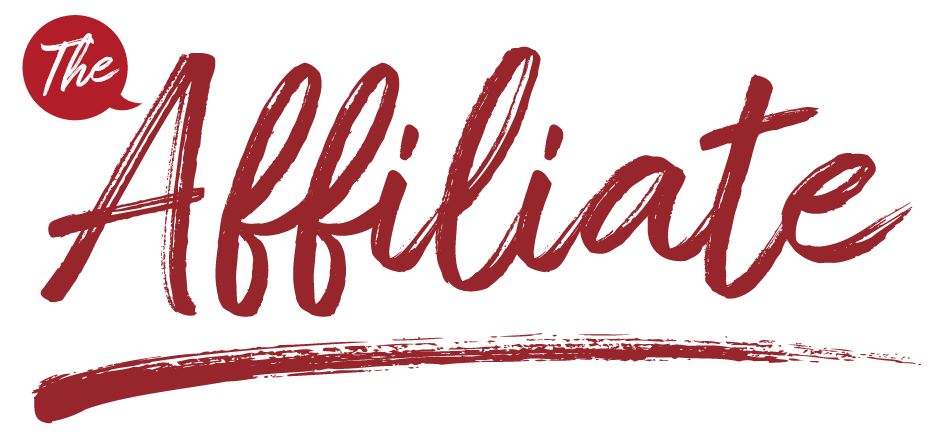Written by Ginger Ellis, Members Mortgage Services, Vice President of Sales and Marketing
gingere@mms.coop | 1.866.441.4447 ext. 273 | mms.coop
Nebraska Credit Union members are facing a tough housing market. A lack of  selection coupled with rising cost from interest, taxes and insurance are causing a fearful, hesitant mindset. It’s not a good mindset to motivate movement of the States housing stock. Consequently, Nebraska Credit Unions are dealing with stunted mortgage programs due to these borrower fears and a very volatile interest rate environment.
selection coupled with rising cost from interest, taxes and insurance are causing a fearful, hesitant mindset. It’s not a good mindset to motivate movement of the States housing stock. Consequently, Nebraska Credit Unions are dealing with stunted mortgage programs due to these borrower fears and a very volatile interest rate environment.
While fear, stress and anxiety are all common for anybody buying a home – especially first-time homebuyers – as Credit Unions, we are uniquely equipped to demystify the homebuying process through member education.
Below are some facts that, when delivered with empathy and expertise, can help you turn borrower fears into informed, confident decisions and move your members closer to realizing the benefits of homeownership:
Fear #1: “I can’t afford to buy a home.”
Fact: Doing the math alongside the borrower can help them determine what they can or cannot afford.
Many members assume that a higher income means a larger mortgage, but this isn’t always the case. Debt is the biggest factor that will affect mortgage qualification.
If a member is currently paying rent and has little debt, generally they can afford to buy. From a financial point of view, the tax write-off at the end of the year on mortgage interest alone could make up most of the difference between rent and mortgage payments.
Although there may be a higher initial cost to buying a house, if the borrower is planning on staying in one place for a few years, the equity built can end up being a financial boon. And depending on their credit score, they may be able to afford more than they realize.
Fear #2: “I don’t have 20% for the down payment.”
Fact: Options are available that require much less than 20% down.
There are plenty of housing programs that allow members to put down as little as 3% to 5% of the sale price. If you look at government programs, such as VA, USDA and FHA, low to no down payment is not out of the question. According to Realtor.com, the average down payment on a house is closer to 10% or 15% and much lower for first-time homebuyers. Even if the borrower has owned a home, they might still be considered a “first-time” buyer under many programs. The definition of a first-time homebuyer includes someone who has never owned a home or who hasn’t owned a home in the past three years.
Without 20% down, the homebuyer may need to pay Private Mortgage Insurance (PMI) and while PMI has historically had a bad rap, there are plenty of benefits to buying now versus waiting to accumulate a large downpayment. On average, home prices are going up 5% a year. Working through the math with your borrower can demonstrate that taking out a loan with PMI could save the borrower hundreds of thousands of dollars versus waiting to purchase a home later.
When deciding how much to put down, you can guide the borrower to consider the amount of cash on hand and the expected and unexpected expenses of buying and owning a home. It may be smarter to take a larger loan with PMI and keep more liquid cash on hand for emergencies.
Fear #3: “My credit score isn’t good.”
Fact: A less-than-perfect credit score does not automatically prevent homeownership.
While there is no doubt a high credit score could help a member get a better interest rate, it isn’t a deal-breaker if their score is somewhere in the middle. For example, Fannie Mae’s requirement is 620 for a fixed rate home loan (640 for adjustable rate), so even if a member has some blemishes, if they pay their bills and have a steady income, they probably don’t have much to worry about.
Working alongside your borrower, you can help them resolve credit challenges that may increase their score. An increase of just a few points could make a significant of difference in the interest rate.
Fear #4: “I should wait until interest rates gets better.”
Fact: There is never a wrong time to buy the right home.
There are two ways to make money in real estate: timing and time. Either a homebuyer happens upon the right moment to purchase a home before the price appreciates, or they hold it for a long enough time so that appreciation makes the purchase investment worthwhile.
Buyers are often plagued with the question, “Am I making the right choice?” Whether right means the right price or the right property, waiting for the perfect market conditions seldom works. If your member has found the right house in the right location, refinancing the loan if interest rates decrease is an easy solution. It is also worthwhile to remember this home does not need to be a forever home.
In a world where most mortgage applications start online, it is important to use your Credit Union data to have early and frequent conversations with your members to demystify homeownership fears and plant the seed that when they are ready to buy, they should start their mortgage process with their Credit Union. Continuing to invest in borrower education, sales-minded staffing, strategic partnerships, technology and referral building will keep your Credit Union in the mortgage game for the long-haul.
Members Mortgage Services helps Credit Unions maintain the relationship with their members through the loan process and after closing, while providing a full array of mortgage products; a customized, best-in-class mortgage origination experience; access to the secondary market with co-branded servicing; and protected portfolio loan sub-servicing.
Members Mortgage Services, LLC is a Midwest mortgage CUSO licensed and authorized in Nebraska, Kansas, Missouri, Iowa, Oklahoma, Arkansas, Colorado, Illinois and Texas. NMLS #760008. Equal Housing Lender.


